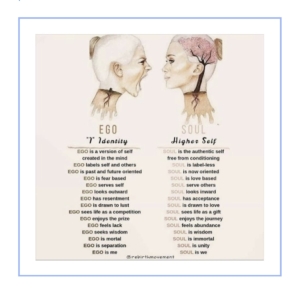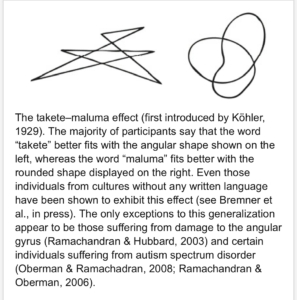How do you let go
How do you let go?:
Many problems can be solved by letting them go, also a Chinese wisdom is that many problems solve themselves if you no longer identify with them.
Here are some tips and recommendations on how to let go successfully.
-by realizing that what you experience in eternity, who you are, represents nothing
-by letting go of your control, everything you try to control, controls you and man proposes and God disposes
-by adding love and compassion to your life, if that still doesn't help, double the dose
-by practicing mindfulness, So to be completely in the here and now: observant, attentive and aware. An offer from Karma Kickstart for your reader, a good and effective mindfulness course now with 20 euro discount from 69 euro voor 49 euro pass on the following discount code when registering: Henny20Korting, success with it. You can google Karma Kickstart.
-by integrating your inner child
-by adding awareness
-by realizing that what annoys and irritates you, are aspects of yourself that you don't want to see yet
-by not expecting anything from anyone else, only from yourself. With the exception of demand-love
-by fully accepting yourself with your ups and downs and with your dark sides
-by not taking an insult or attack personally, it says more about the other
-realize that the biggest setback, the greatest misery lead to the most beautiful insights and discoveries: when your ego cries your soul smiles
-don't be led/suffered by the past. You can't change that, the way you look at it. Admit: it got you better, made wiser and stronger, so let go of the negative image and replace it with a grateful attitude.
-by respecting yourself and therefore also the other
-realize it doesn't have to be perfect: we are perfectly imperfect
-by paying more attention to your needs than to your desires, the wise Mencius already pointed this out to me
-by not taking big steps, but every day to take a small step, like they do in Kaizen, goethe be there too
-by accepting that you can get a no as an answer to your question, if you don't accept that you demand and that's not good.
-go with the flow and work with grace
-be grateful: every encounter and circumstance is to love or learn from, you are always a winner!
-realize that your environment is the mirror of yourself, so if you see the imperfection in the other, denk dan eerst aan je eigen onvolkomenheid. See my book The drama of being mirrored.
-don't rely too much on past achievements and successes, be open and be like a beginner.
-leave the good, your comfort zone, los, it is the greatest enemy of the great and magisterial
-replace negative- and positive thinking through right thinking, that assists you in further growth and development
-embrace and accept your so-called negative emotions, they are valuable messengers and unleash your aversion to and fight against negative emotions, then they transform into good. Nietzsche zei: "Anything That Doesn't Kill Me", makes me stronger
-don't be greedy but be generous, give of your being and let go of possessiveness
-don't take things too personally.
-realize that we are human beings and not human doings, don't lose yourself in doing: don't live to work, but work to live
-release guilt through the Ho'oponopono Mantra: I love you, Thank you, I’m sorry, Please forgive me..
-by letting go of what others say and think about you, by realizing that what Peter says about Paul, says more about Peter than about Paul, it takes one to know one!
-let go of anger and hatred and replace it with forgiveness. To hate someone is to take a deadly pill, hoping the other dies
-Amerikanen zeggen: ‘Don’t become bitter, become better.
-by doing the container exercise: you say aloud the feeling you want to let go and clap your hands hard and throw it violently into an imaginary container and send it to Our Lord. And you're off!
-by immersing yourself in Taoism
-by practicing Kaizen, always take small steps.
-by counting your blessings
-by realizing that a loss, something that you had to let go is often a liberation
-through self-reflection, take responsibility yourself and accept your negative side and not project it onto the other person
-by contacting an Acceptance and Commitment Therapy (ACT) coach/counselor, I'm a certified ACT coach/counselor
-by applying spiritual judo, example: if someone insults you move along and don't fight it, making it worse making it absurd and leaving the insulter timid
-by following the advice of wise and loving people and arriving at Self-realization…..if your dear reader email Henny20Discount to hennybos@xs4all you will get 20 euro discount on the first consultation of one hour, so instead of 60 pay you 30 euro.. on www.hennybos.com you can see my vision at Coaching+.
Bron: Boek: The challenge of letting go- Henny Bos


